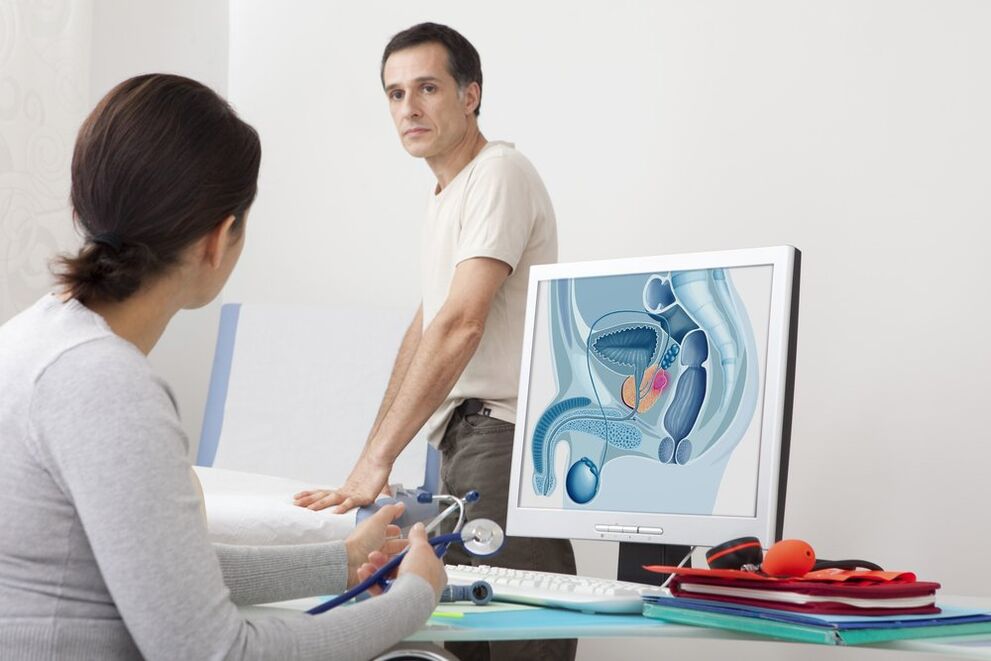
Prostatitis is one of the most common inflammatory diseases of the male genitourinary system, in which the prostate gland is affected. Mostly, the disorder is found in sexually active men.
In most cases, prostate inflammation is contagious, but there are exceptions. If left untreated, this lesion can lead to secondary damage to the testicles, bladder, kidneys, and more. In this article, we will discuss which drugs are used to treat prostatitis.
First of all, we note that any medication should only be used under the guidance of a doctor. Self-medication for prostatitis is not acceptable.
Antibacterial drugs

If prostate inflammation is associated with bacterial flora, antibiotics are selected based on the susceptibility of the pathogen.
In this case, fluoroquinolones, penicillins, cephalosporins and other groups of antibacterial agents can be used.
In 2016, scientists from People's Friendship University published a paper finding that fluoroquinolones have become the drug of choice for the treatment of chronic prostatitis due to their effectiveness and safety.
alpha blocker
In the presence of urinary disturbances on the background of prostatitis, patients are prescribed alpha-blockers.
By blocking alpha-1-adrenergic receptors in tissues of the prostate, urethra, and bladder, these drugs lower urethral pressure, reduce urinary flow resistance, and normalize urination.
Patients with a history of allergies, severe damage to kidney and liver function, and a history of orthostatic hypertension are prohibited from using the drug.
herbal remedies
Various herbal preparations can also be used as part of a comprehensive treatment for prostatitis.
One of the representatives is the tablet and oral extracts based on St. John's wort and daylily, licorice root, Echinacea rhizome.
According to the manufacturer, the drug has anti-inflammatory and analgesic properties, improves microcirculation in prostate tissue, and normalizes urination. It also has antibacterial activity against Staphylococcus and Streptococcus flora, Enterococcus.
The main indication for the use of this drug is chronic nonspecific prostatitis.
As contraindications, it is customary to consider individual hypersensitivity reactions and acute glomerulonephritis.
non-drug methods
In addition to drugs, various non-drug methods are also widely used to treat prostatitis. These include:
- prostate massage;
- Laser Treatment;
- ultrasound therapy;
- electrical stimulation, etc.























